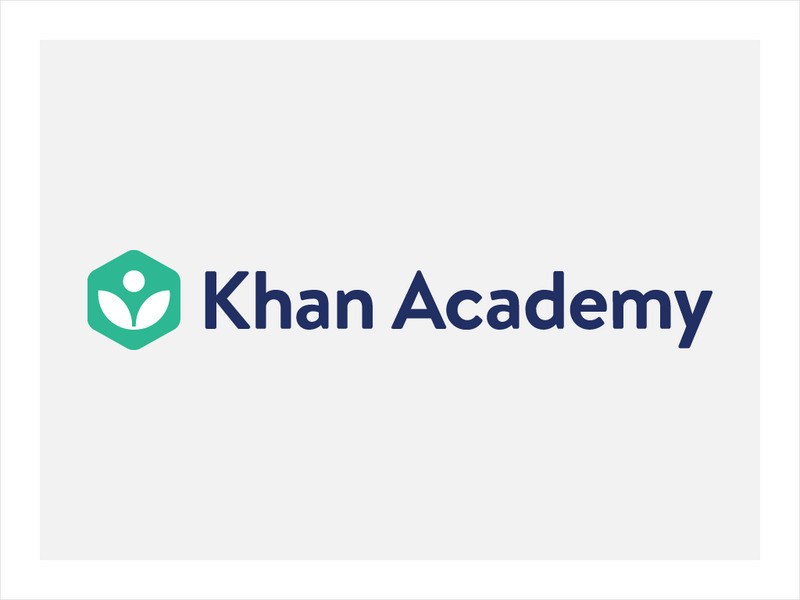Curated OER
Neural Pictionary
Students explore the nervous system. They pictorially illustrate terms that deal with the nervous system. Students play a "pictionary" game to review nervous system vocabulary words.
Curated OER
Insect Research Project
Third graders research information about their specific insect on the computer, and use the information that they have compiled about their insect to create a power point presentation.
Curated OER
Ancient Refuge in the Holy Land - International Phonetic Alphabet
Young scholars research the uses and symbols of the International Phonetic Alphabet. They complete a worksheet to translate and transcribe phrases of English into the International Phonetic Alphabet.
Nazareth College
Creative Writing
Students discuss creative writing—what makes something creative writing? Each learner starts writing a story and after 15 minutes, they pass their story to another who adds to it. After another 15 minutes of writing, the story is passed...
Curated OER
Imaginative Picture Writing
Students create a book about clouds after the teacher reads the book, "It Looked Like Split Milk".
Curated OER
Wacky Weather Stories
Learners observe, identify and creatively express their ideas through literature and dramatize an original story that features a type of weather in the plot.
Curated OER
"First Day of School - Make a Puzzle"
Third graders create a puzzle piece to be included in a class puzzle. They are given one puzzle piece, and they decorate it using symbols/drawings which are personal to them such as hobbies, interests, or self-portrait. The pieces are...
Curated OER
Genetic Research: A Congressional Hearing
Students participate in a mock hearing of the U.S. Senate subcommittee on genetic research. They representing support groups for various genetic disorders present arguments for continued federal funding, while subcommittee members are...
Curated OER
GREETINGS AND LEAVE TAKINGS
Students respond with memorized answers to questions that use familiar language. They ask basic memorized questions and imitate sounds and words with age- and stage- appropriate pronunciation. They Use the appropriate interpersonal...
Curated OER
Poetry
Fourth graders participate in reading and listening to poetry. They are exposed to a variety of poems and examine and identify basic elements of poetry. They write their own poems and recite a poem with enthusiasm, expression, and props.
Curated OER
High-Tech Heaven?
Young scholars read and discuss, "Post-Christmas Comes a Geek's Gizmo-Rama" by David Pogue. They consider how technologies they use impact their lives.
Curated OER
Cave Art: Discovering Prehistoric Humans through Pictures
Students understand how to "read" a picture and put together a series of images in a way similar to that of putting together words to form a story and gain knowledge about the past.
Curated OER
Advertising Project
Young scholars use word processing software to create slogans for products. They write their own jingles and create their own packaging for products they design. Then they write and act out their own television commercials for their...
Curated OER
Weather Myths
Fourth graders examine myths that are based on weather phenomenon. They write, illustrate and present an original weather myth.
Curated OER
Recording Instructions
Students listen to another's presentation and take notes. After that the student in is paired with another student to recreate the instructions of the demonstration. They will have to have proper notes recorded down and be able to...
Curated OER
Round to the Nearest Whole $
In this rounding money worksheet, learners identify the money amounts in each examples and round to the nearest dollar for the 10 examples.
Utah Education Network
Uen: Facs: Communication
This lesson plan is to help students identify good listening and talking skills. The different kinds of communication are verbal, written, and non-verbal. Included in this instructional activity are activities for each type of...
Other
Life Long Earning: Communication Skills
Brief definitions of communication skills terms along with examples of how a student might combine these skills into projects and real-world applications.
Mind Tools
Introducation to Communication Skills
This article reveals the purpose of communication: to get your message across to others. This may seem elementary, but the process that involves both the sender of the message and the receiver is complex and can lead to confusion and...
Integrated Publishing
Integrated Publishing: The Communication Process
With text and diagrams, this article surveys the communication process, which consists of a message being sent and received, either verbally or nonverbally.
TeachEngineering
Teach Engineering: Hydraulic Arm Challenge
Students will design and build a mechanical arm that lifts and moves an empty 12-ounce soda can using hydraulics for power. Small design teams (1-2 students) will design and build a single axis for use in the completed mechanical arm....
Khan Academy
Khan Academy: Theories of the Early Stages of Language Acquisition
Language is the primary method of human communication, but there are also other ways to communicate without the use of language. Language in its most complex form is unique to humans, although some animals have been found to have basic...













